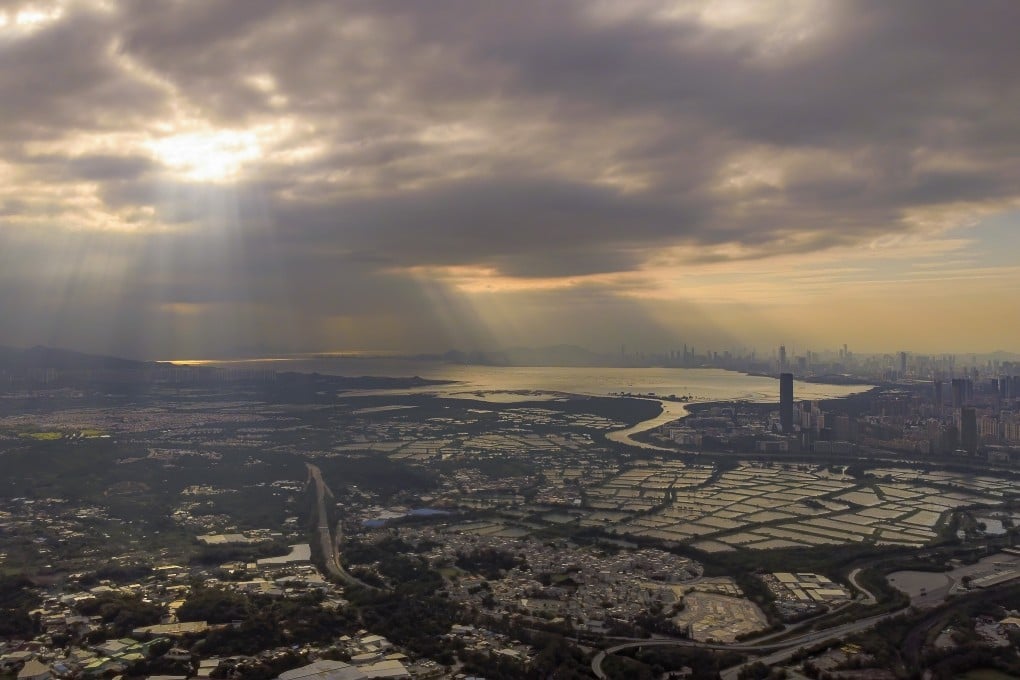Greater Bay Area: can China ‘integrate’ Hong Kong into its southern economic powerhouse?
- Beijing’s plan to develop a vast tech-driven hub across 11 cities calls for financial, technological and cultural integration as well as policy alignment
- Some Hongkongers are trying their luck on the mainland and excited about the opportunities, but for others the idea of integration is ‘unconvincing’

Beijing wants to develop a vast, technology-driven hub in southern China – like San Francisco’s Silicon Valley or the Tokyo Bay Area, but much bigger.
But it will need people like Amy Ng, a 36-year-old Hongkonger, to get on board. Ng has been working in Beijing for a decade and plans to move to Shenzhen next month to start a game design company with friends.
China’s current five-year plan to 2025 and longer term objectives call for Hong Kong as well as Macau to “integrate into the national development”. Both cities were allowed to retain a high degree of autonomy after their handovers to China in 1997 and 1999 under the “one country, two systems” principle.
Beijing’s Greater Bay Area vision calls for financial, technological and cultural integration as well as policy alignment across the 11 cities. A plan for the area’s development was unveiled in 2019, with Hong Kong and Shenzhen seen as “core engines” to power tech start-ups, cross-border trade, investment and financing.